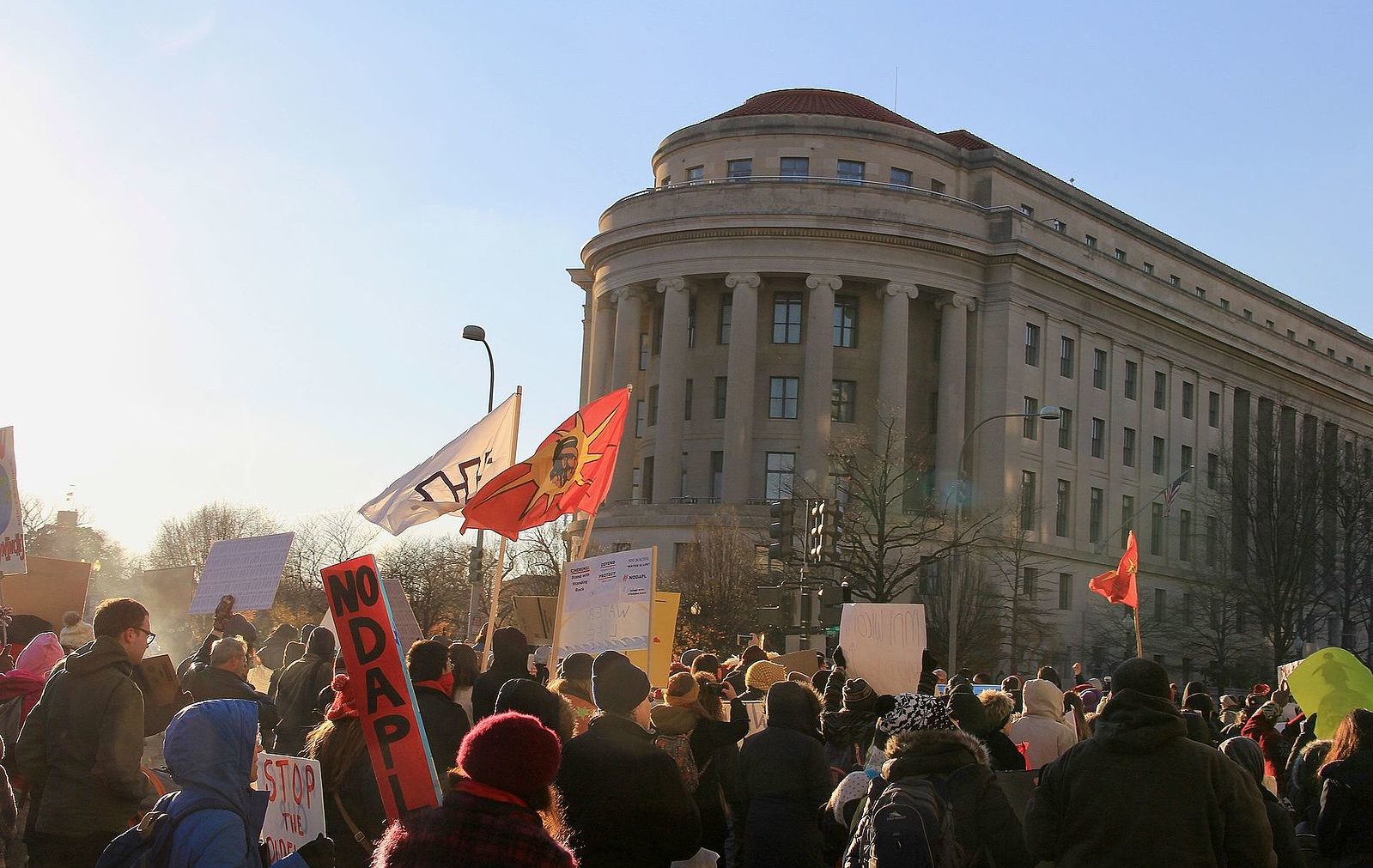Facing a Long, Hard Winter

At my age, holidays tend to be occasions for rumination rather than celebration. These days I find myself preoccupied—even obsessed—with the question of how our nation lost its way, during just my own lifetime. How did things go so badly wrong so quickly?
By going wrong, I refer to something fundamental: the loss of a conception of the common good to which most citizens, consciously or instinctively, subscribe. In the America in which I grew up, an identifiable cultural and moral consensus prevailed. Today, that consensus has disappeared, leaving in its place a void. The “mystic chords of memory” to which Lincoln referred have been stretched past the breaking point.
By no means am I suggesting that this now-shattered consensus was without defect. Its deficiencies were legion. But however flawed, the consensus was real, and provided the glue that enabled the nation to surmount its defining trials of the 20th century: the Great Depression, the Second World War, and the Cold War.
Considered in retrospect, these crises defined the arc of my parents’ lives and those of their contemporaries. For members of their generation, there was no time-out between the Great Depression and America’s war against Nazi Germany and Imperial Japan, nor was there a perceptible breather between victory in 1945 and the onset of the anticommunist crusade. In effect, these three epic events merged into a continuum of challenge and adversity stretching from the end of the 1920s to the end of the 1980s.
Only with the fall of the Berlin Wall in 1989 and the subsequent collapse of the Soviet Union did pressures subside. An entirely new era, which promised to be less dangerous and more relaxed, was at hand. Members of the baby boom generation to which I belong were just then planting themselves at center stage in American life. At a moment when the future appeared uniquely promising, a generation unique in self-regard was taking charge. “Don’t stop thinking about tomorrow,” one boomer anthem commanded.
Don’t stop, it’ll soon be here
It’ll be better than before
Yesterday’s gone, yesterday’s gone.
In the third decade of the 21st century, it has already become difficult to recall the giddy triumphalism prompted by the end of the Cold War. With yesterday’s strife apparently gone for good, “better than before” seemed like a sure thing. Just 30 years ago, the political, economic, military, technological, and ideological supremacy of the United States was indisputable and irreversible. Or, at least, it appeared to be. Yet actual events soon exposed this as an illusion—somewhere between a bad joke and a bald-face lie.
A comprehensive narrative of the post-Cold War era, spanning the period from the election of Bill Clinton in 1992 through the humiliating U.S. withdrawal from Afghanistan just weeks ago, remains to be written. But even a preliminary account of that period will necessarily highlight its own trio of high-profile events. None of the three compares in scope or scale to the Great Depression, World War II, or the Cold War. Even so, the cumulative impact of the Iraq War, the coronavirus pandemic, and the Capitol riot of January 6, 2021 makes this much abundantly clear: Yesterday may be gone, but we find ourselves in a helluva mess today.
The stores of capital accrued by the exertions of the Greatest Generation have now been depleted. Mom and Dad aren’t around to bail boomers out of the fix they’ve gotten the nation into.
What precisely defines that fix? Not small stuff. Allow me to offer the following examples of propositions that my parents could take for granted but have now vanished, seemingly for good:
- Then, citizenship entailed obligations: no more. Patriotism has been all but emptied of content. “Ask what you can do for your country”? Surely, you jest.
- Then, the economy centered on production. Today, it promotes and celebrates unfettered consumption. As a moral proposition, pay-as-you-go retains about as much authority as prohibitions on pre-marital sex. These days, Americans do profligacy; frugality is for lesser beings.
- Then, a “vital center” provided ballast to national politics. Today, that moderating center has succumbed to exhaustion. A “woke” left and a combative right vie for power. Neither camp admits of any obligation to compromise. Both claim a monopoly on righteousness.
- Then, in the realm of foreign policy, a modicum of prudence curbed the worst instincts of American statesmen. Today, arrogance, bellicosity, and a stubborn unwillingness to measure the wreckage caused by neo-imperialist fantasies are hallmarks of U.S. statecraft.
- Then, power-wielding elites respected religious norms—or, at least made a pretense of doing so. Today, transcendence is for rubes, with unabashedly secularized “thought leaders” touting novelty, convenience, and glitter as substitutes for faith.
The problem facing the United States today is not simply that Americans have at hand no antidote to these ills. The real problem is that (with a handful of exceptions) few are even willing to acknowledge the depth of the crisis in which we find ourselves. We are a nation in denial.
The unwritten rule for essays of this type is for the author to conclude on an encouraging note, offering a three (or four, or five) step solution to the problems cited. In point of fact, there is no solution anywhere in sight. As the calendar turns to a new year, we Americans are in for a long, hard winter.
Andrew Bacevich, TAC’s writer-at-larger, is president of the Quincy Institute for Responsible Statecraft.
Comments